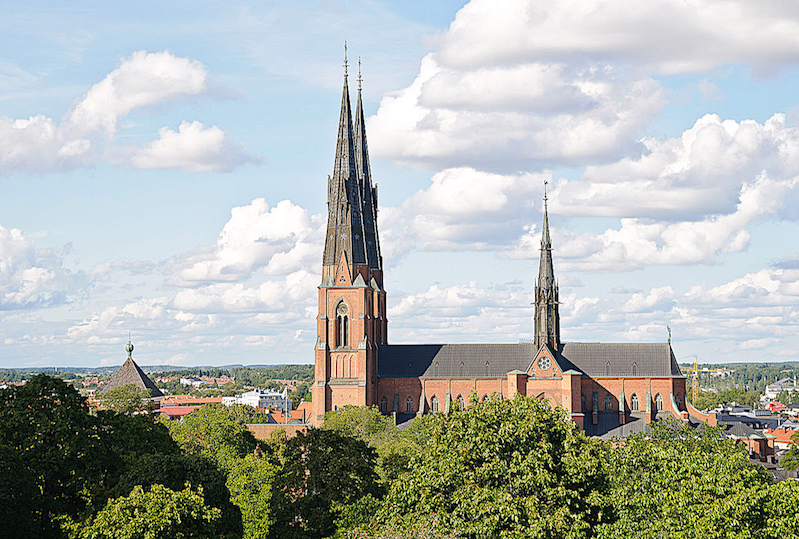Today, Protestantism remains the predominant religion in Sweden, with the Church of Sweden (Lutheran) leading the way, encompassing approximately 58% of the population across more than 2,200 parishes.
While Protestantism has been Sweden's dominant religion since the 12th century, its influence has steadily declined. In the early 2000s, 80% of Swedes were members of the Church of Sweden, compared to just 58% today. This shift is partly due to the Church losing its status as the state religion in 2000, marking Sweden’s transition to a secular state.
As the Church of Sweden’s prominence wanes, religious practices in Sweden have become increasingly diverse. The Swedish constitution guarantees freedom of religion, enabling a pluralistic landscape. Today, the remainder of believers are distributed among Muslims (1.9%), Orthodox Christians (1.7%), Catholics (1.2%), as well as smaller communities of Buddhists and Hindus.
In addition to the Church of Sweden, eight other religious denominations are officially recognized by the state. These groups benefit from financial contributions collected through the national tax system. Despite secularization, many Christian holidays remain national holidays, while individuals of other faiths are entitled to observe their own religious celebrations.
Simultaneously, the number of Swedes identifying as non-religious or atheist continues to grow. Reflecting this trend, Sweden inaugurated its first cemetery free of religious symbols in Borlänge in 2016, located northwest of Stockholm.
---> REFORM IN SWEDEN


